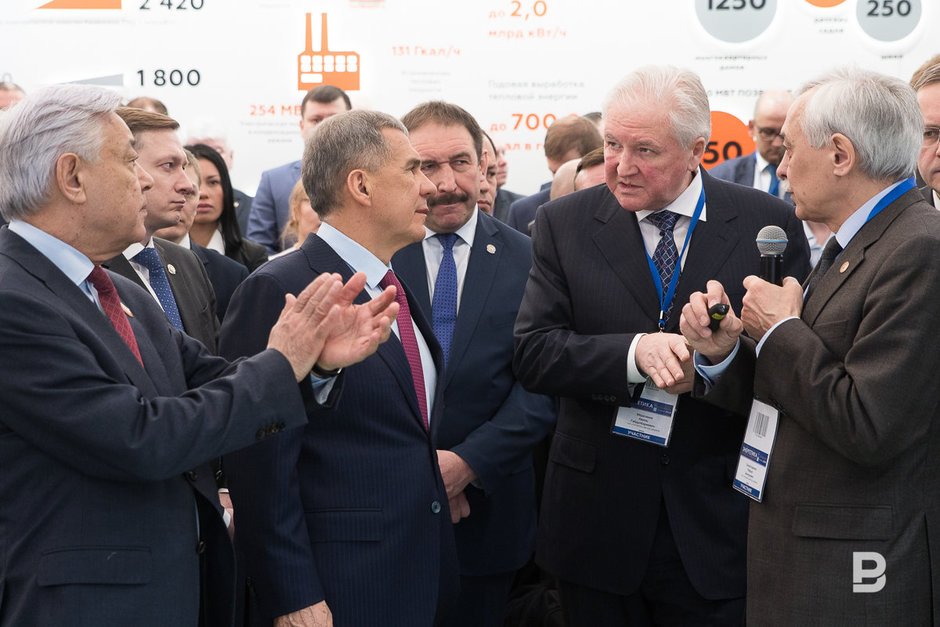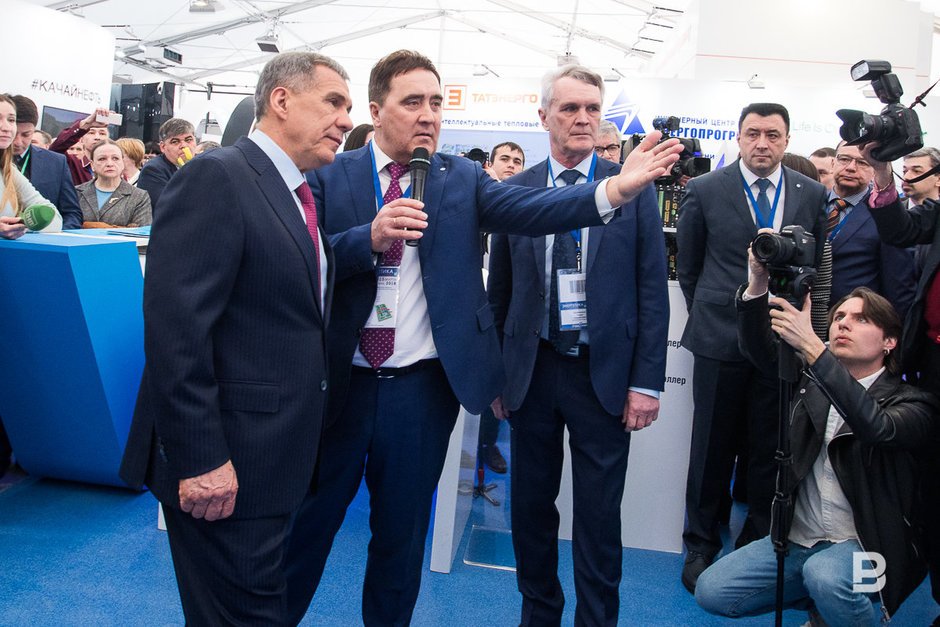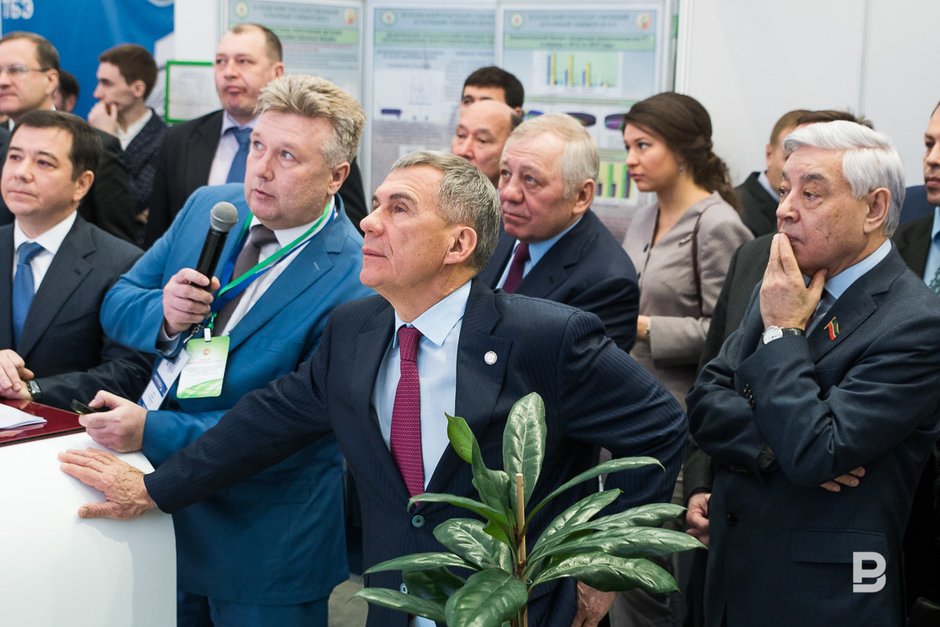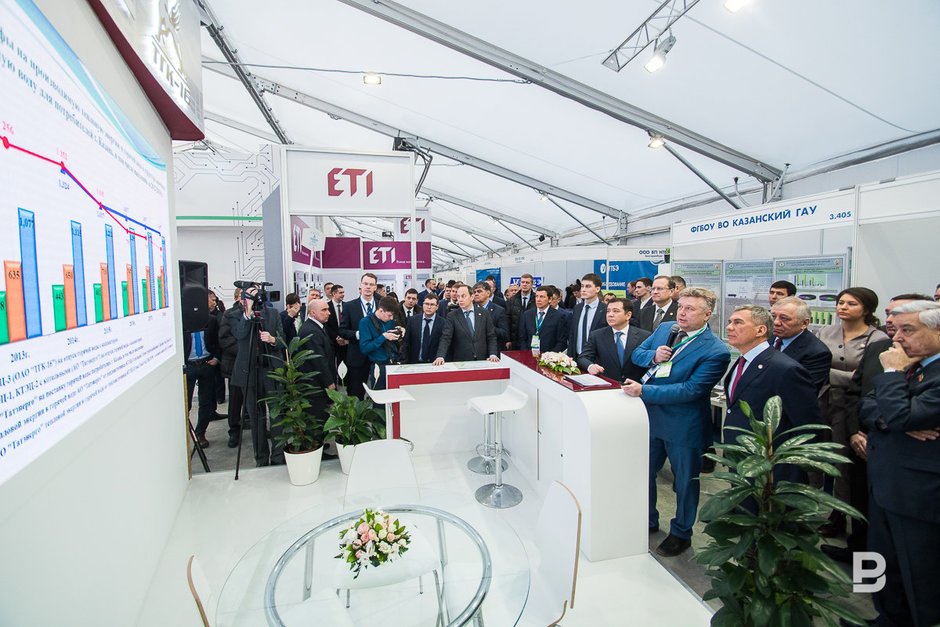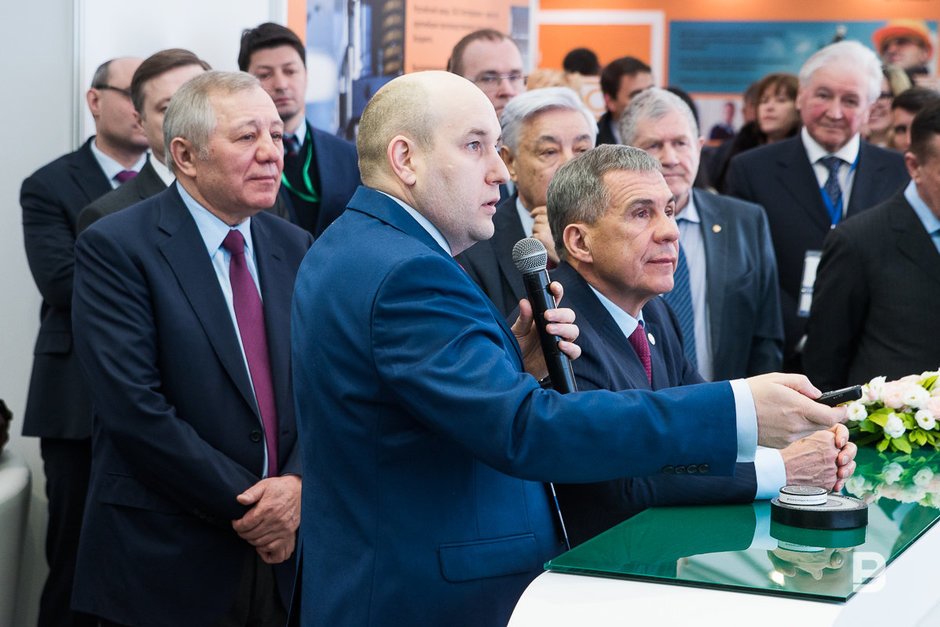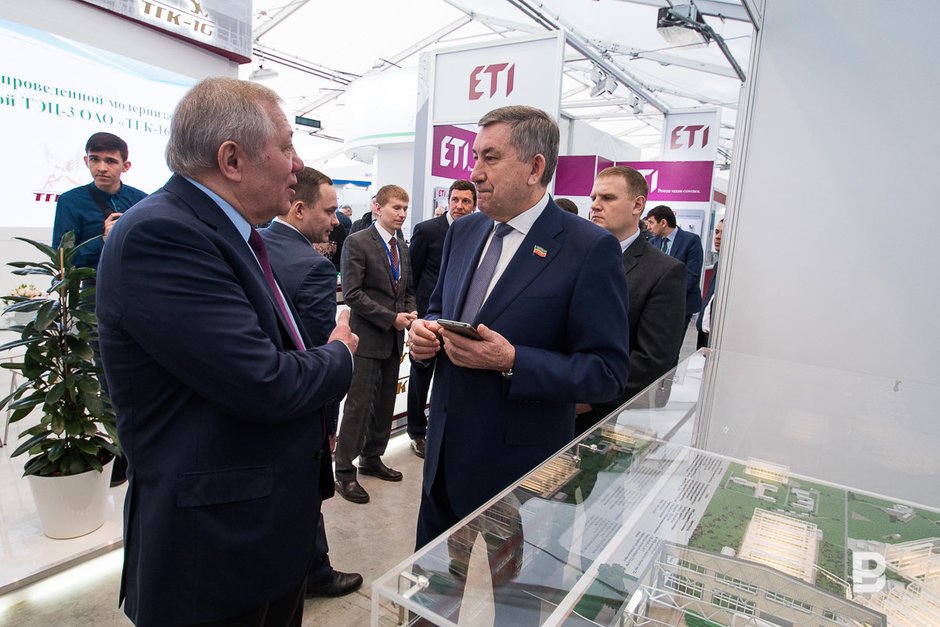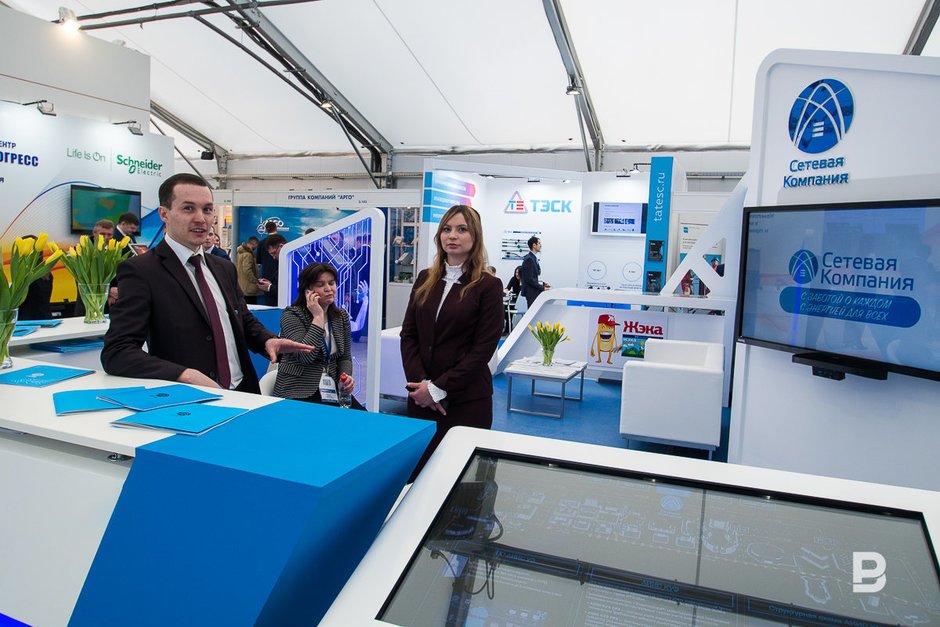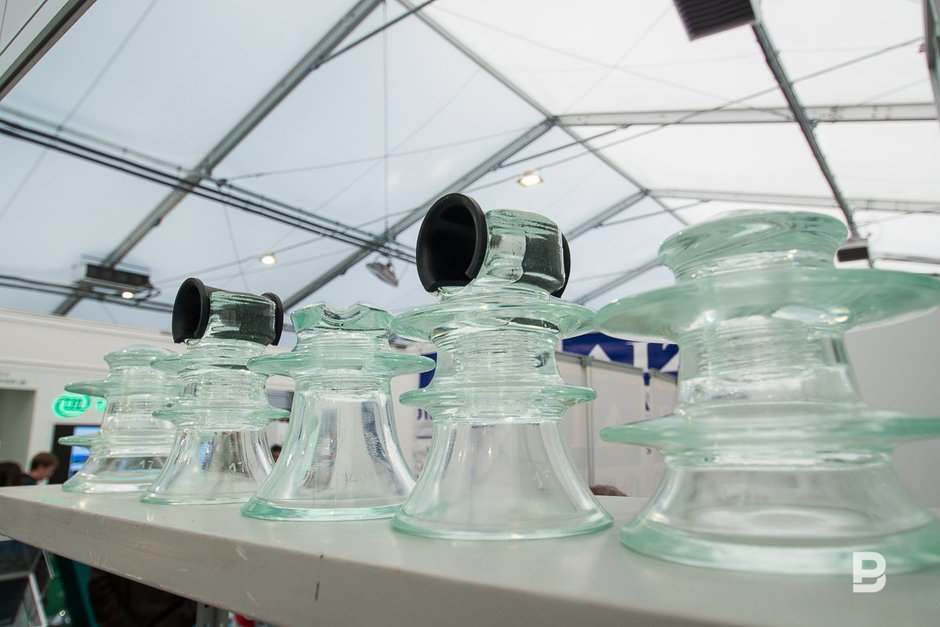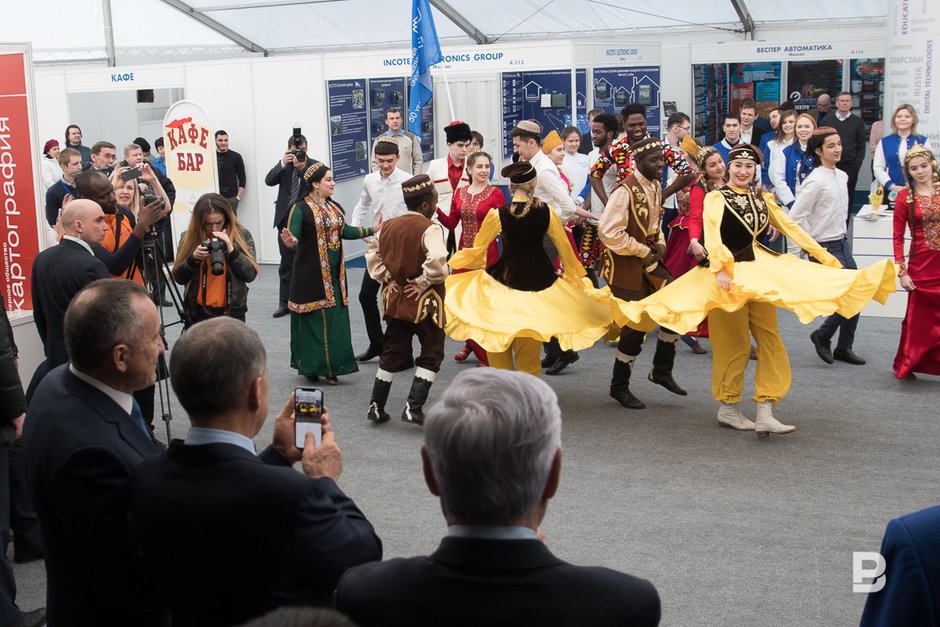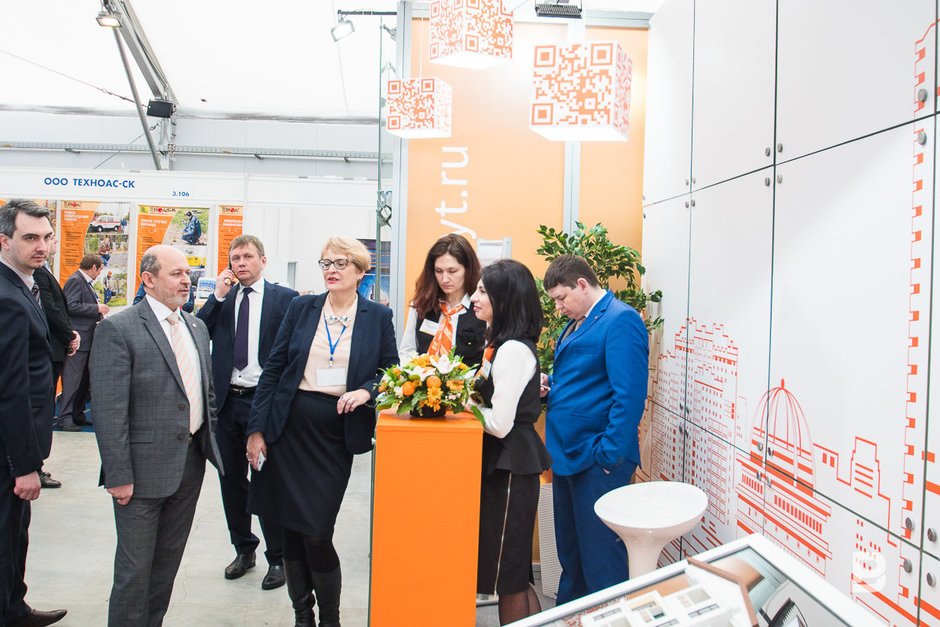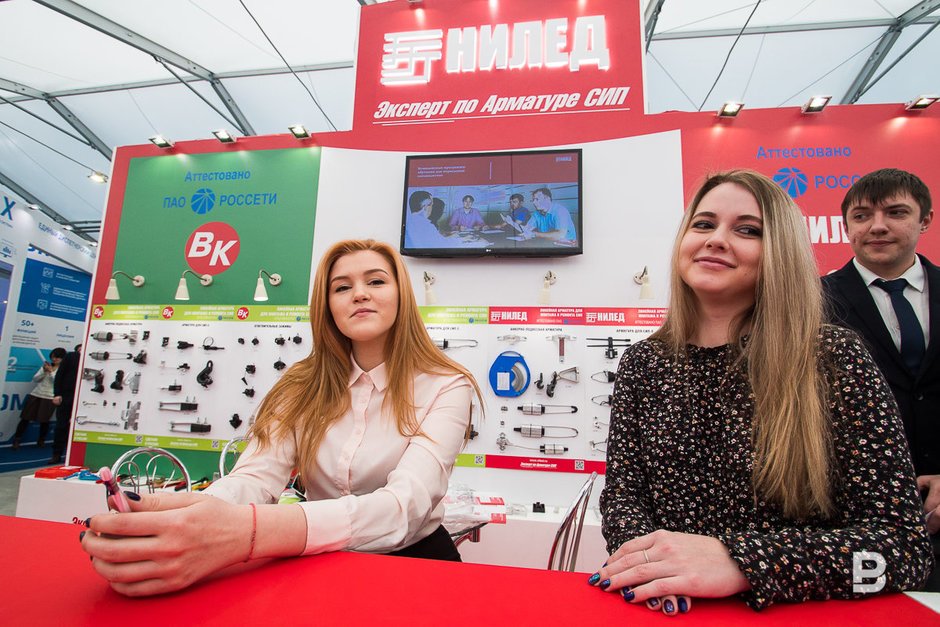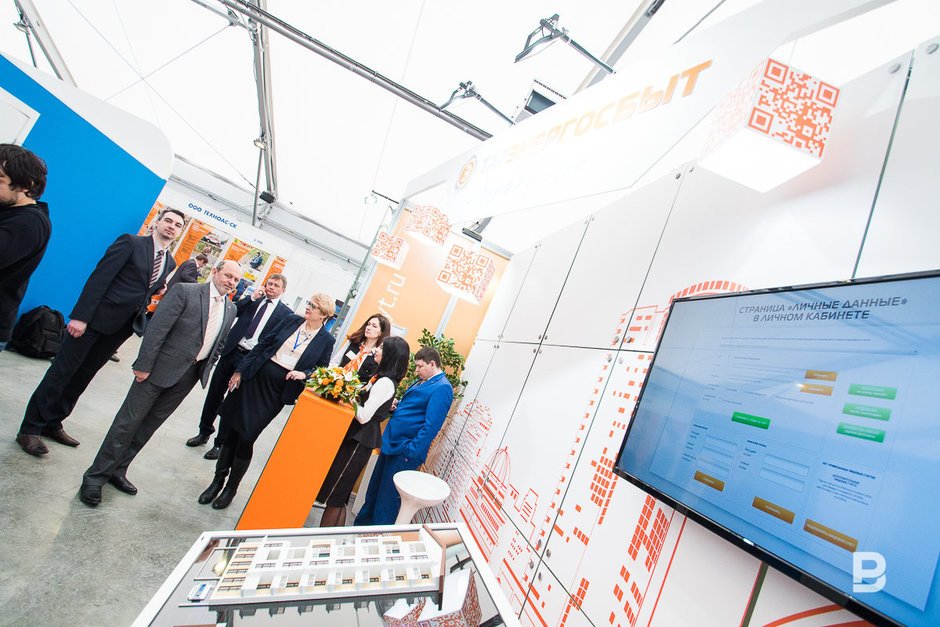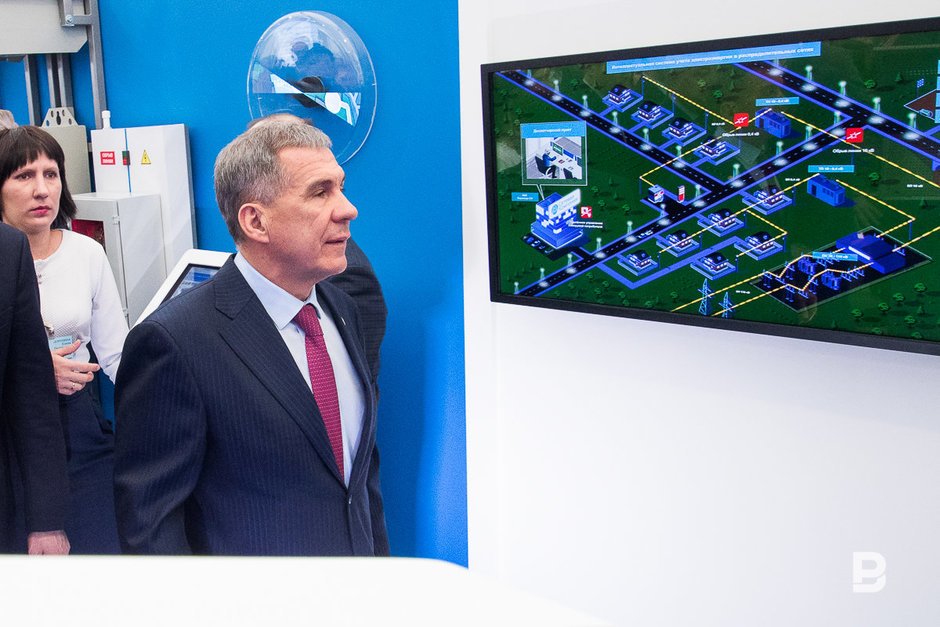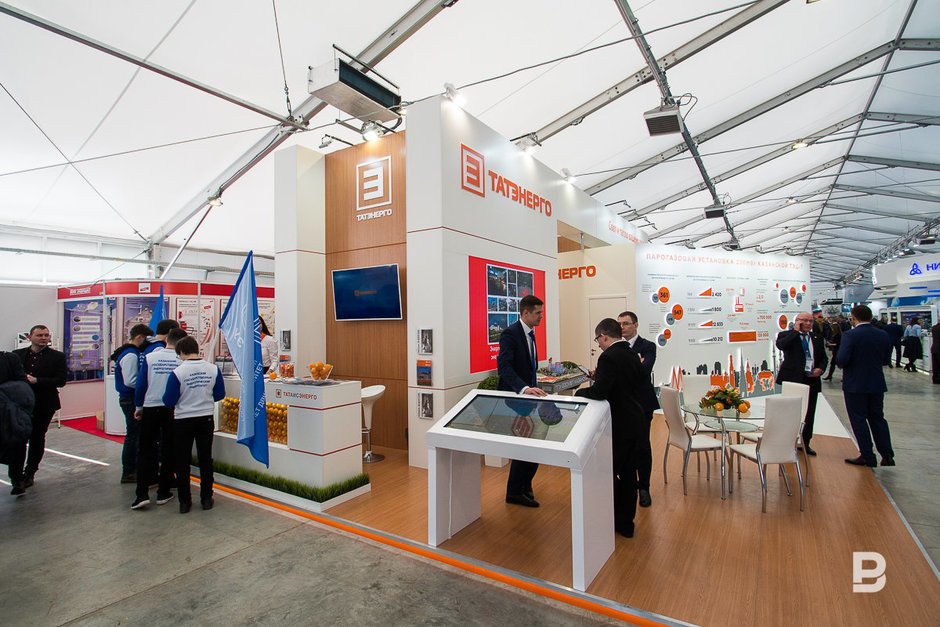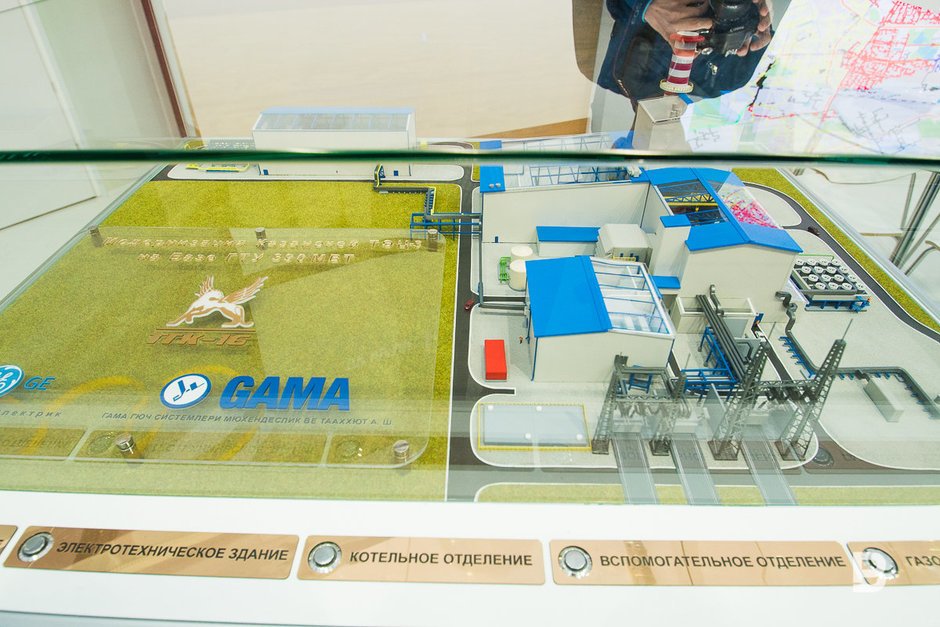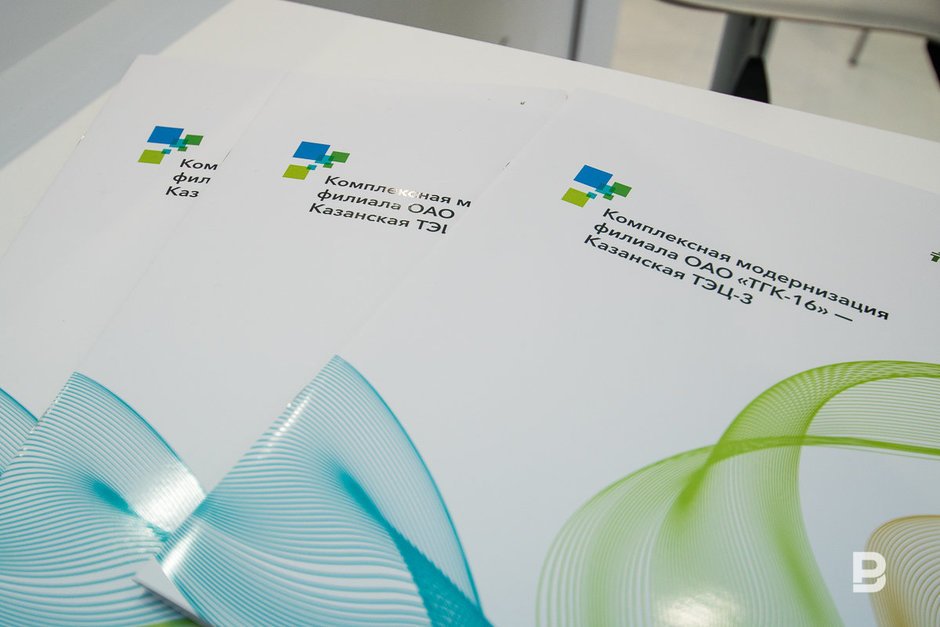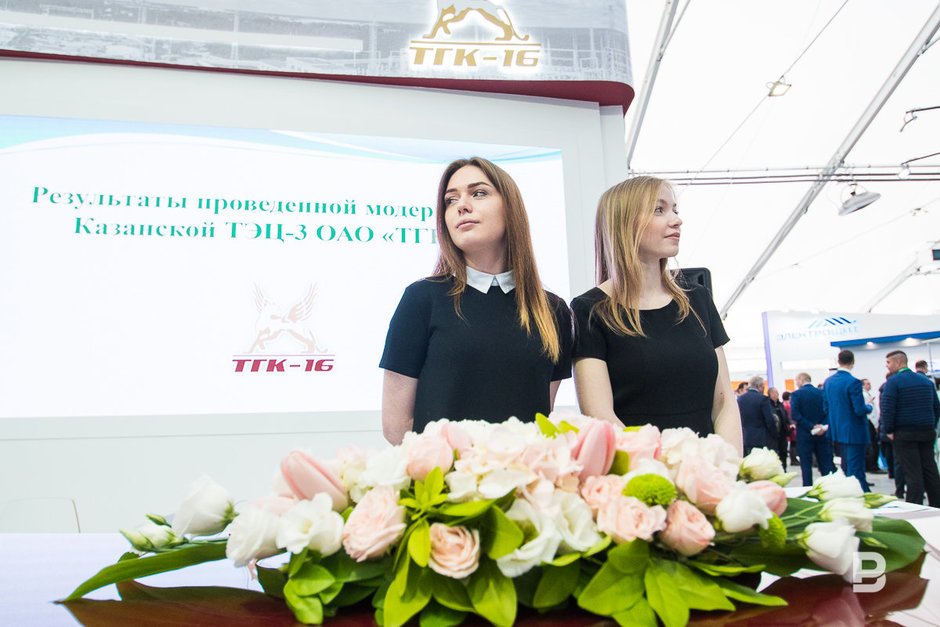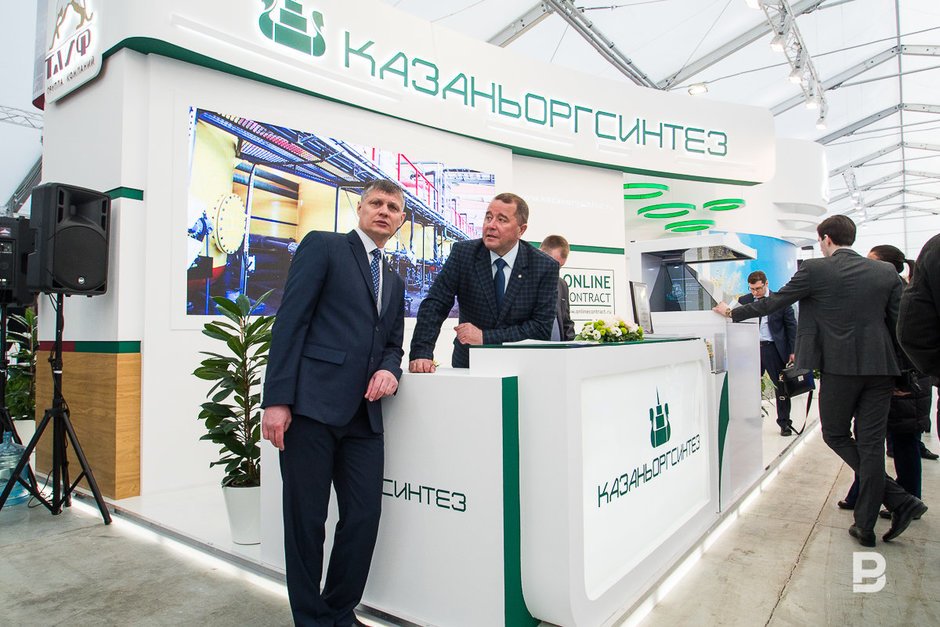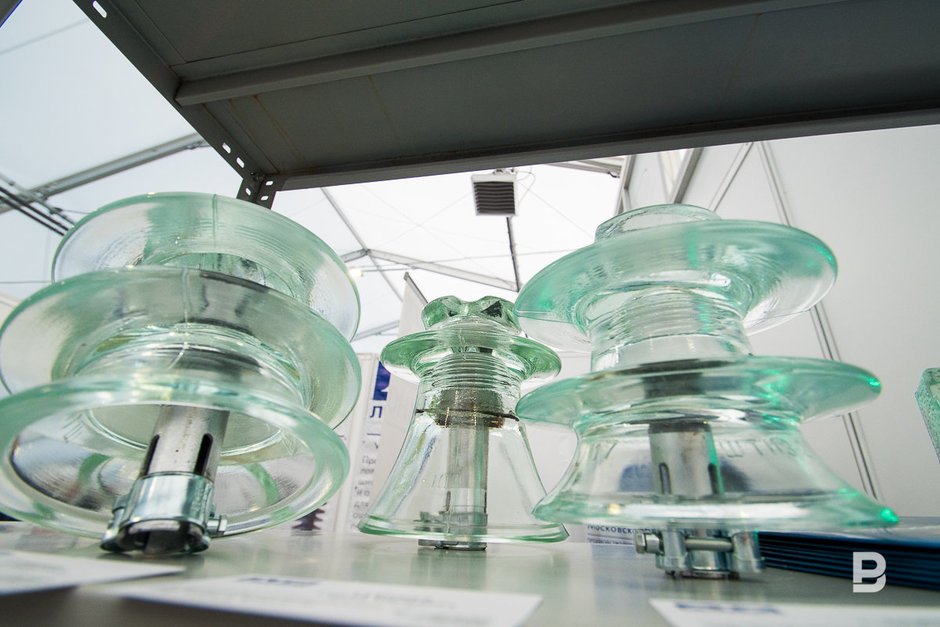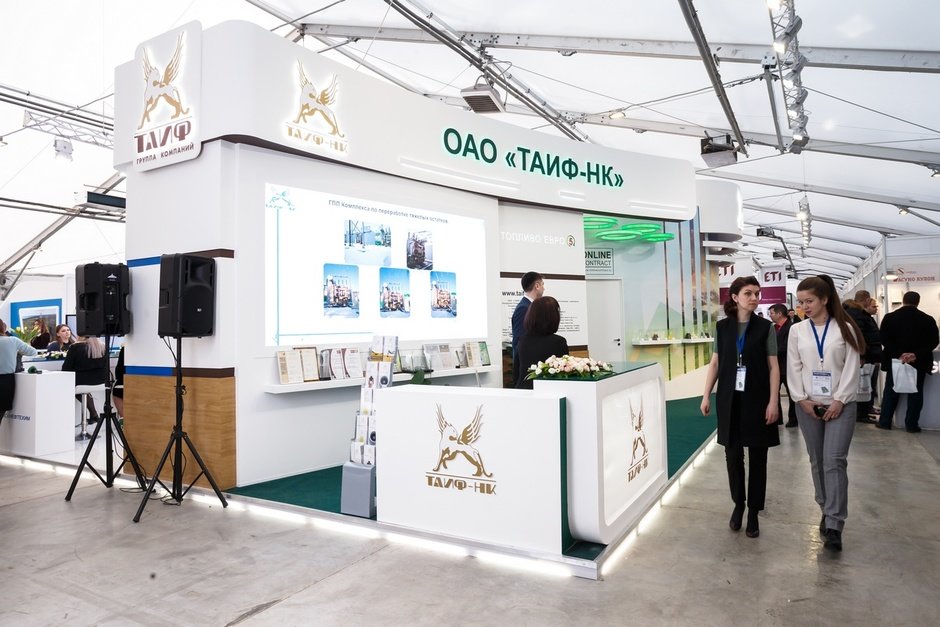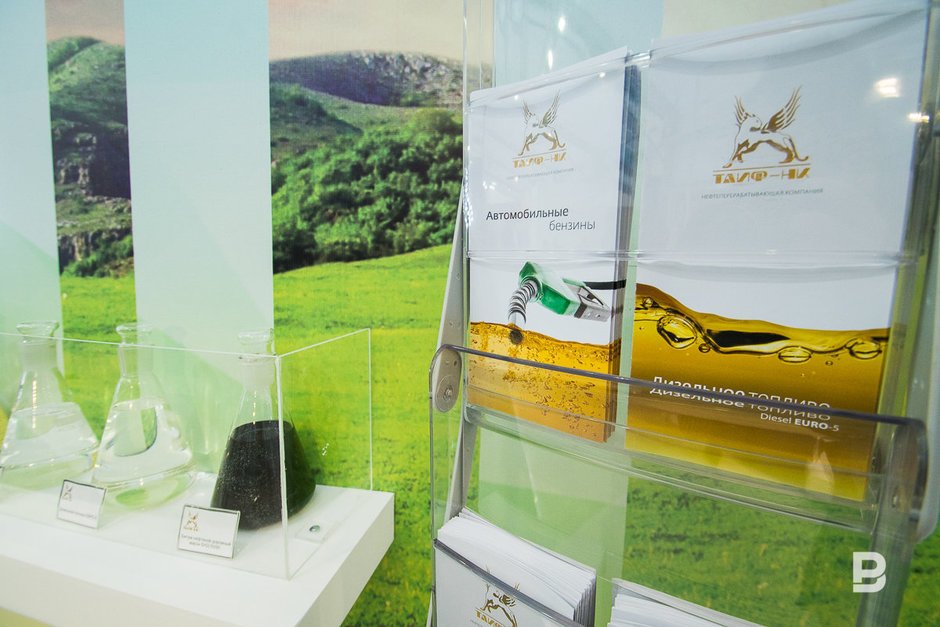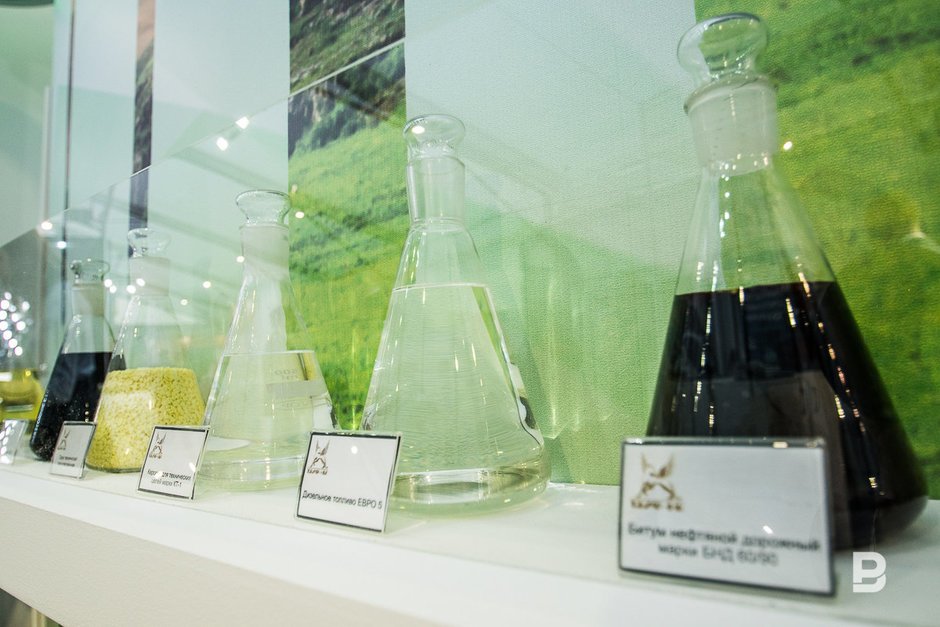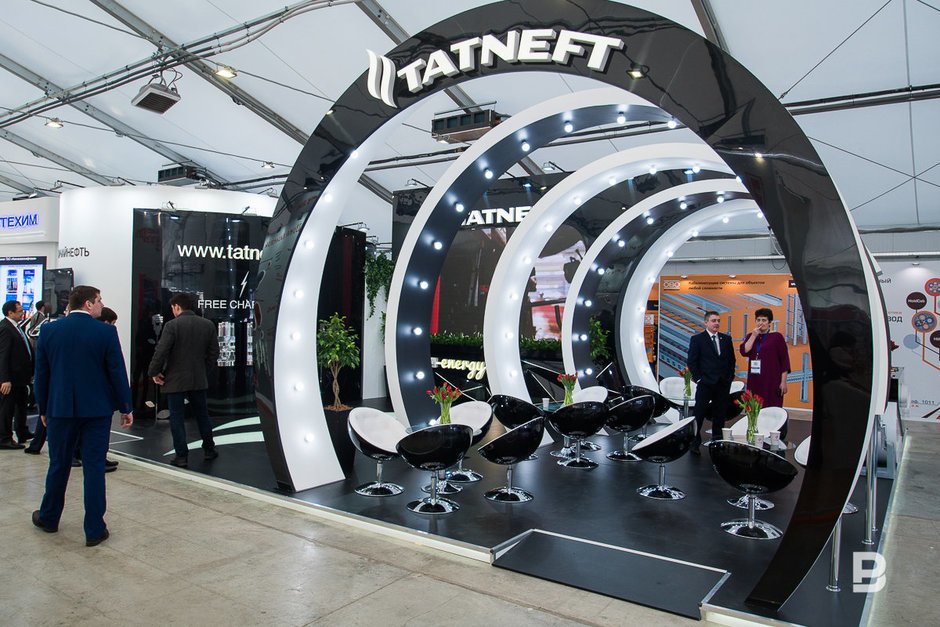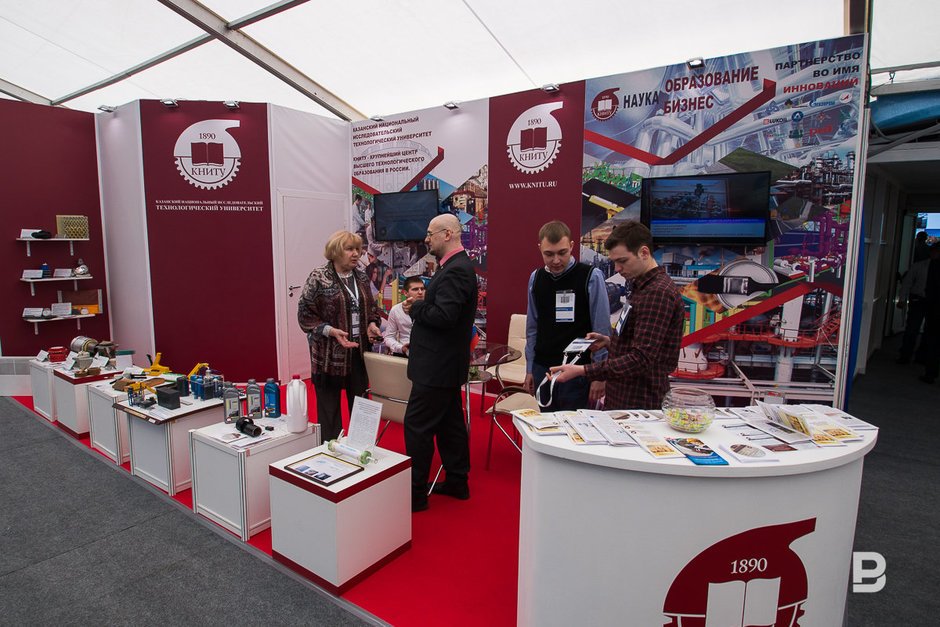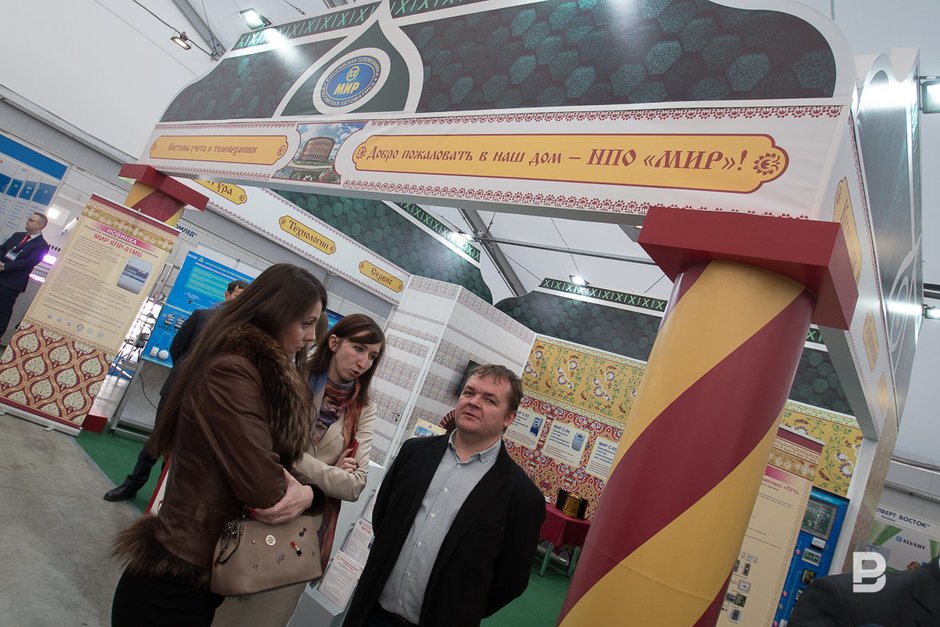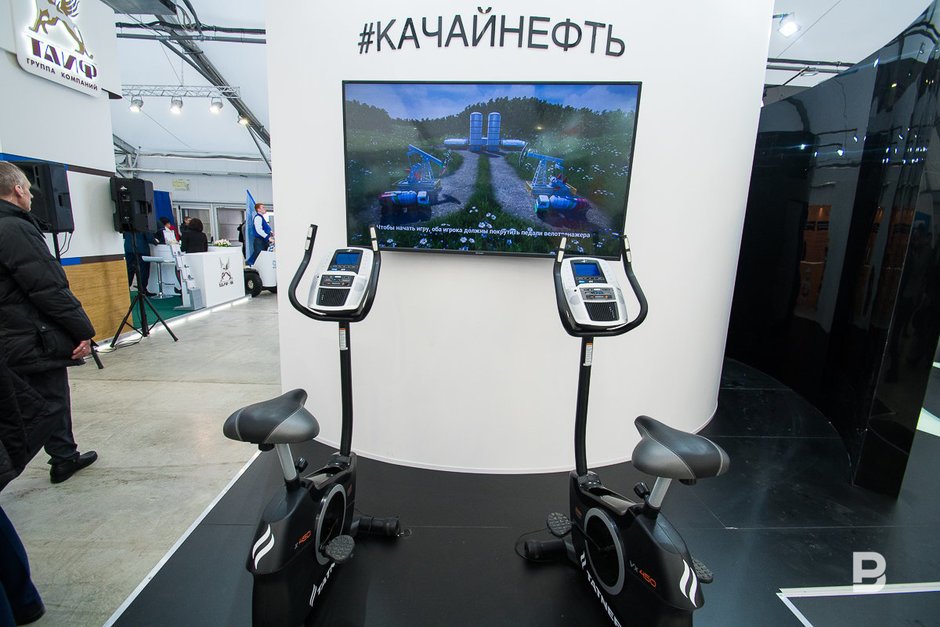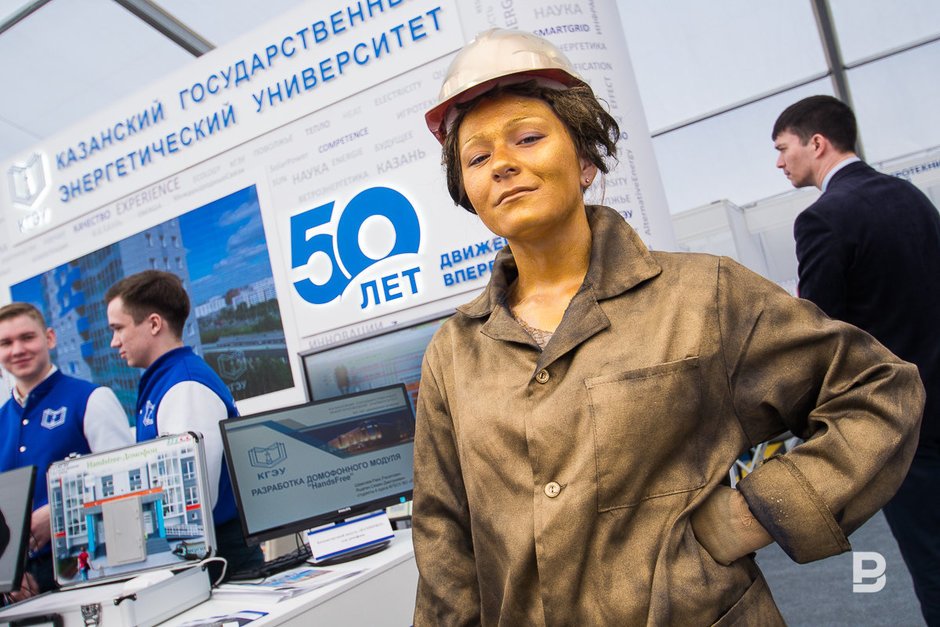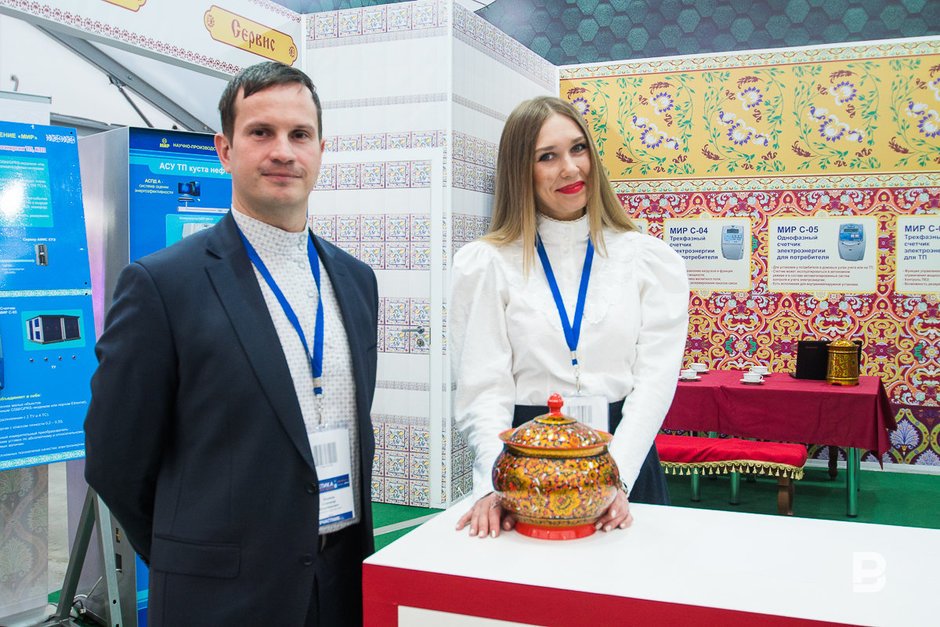Energy sector should be economical: Tatarstan purchases a quarter of electricity from outside
The Tatarstan president instructs to make up the losses and to create ‘cheap’ IT system for remote retrieval of performance data from apartments
Hidden reserves of energy saving will help to save every ruble earned if modern technology is introduced not only by industrial giants, but also if they reach every residential house, said President of Tatarstan Rustam Minnikhanov at a session of the Tatarstan government dedicated to energy efficiency. ''We have huge losses not only of electricity, but also heat, water, gas, sewage treatment facilities — this is a huge niche,'' he reprimanded for squandering in utilities sector. Why Tatarstan has dropped out of the top three regions by energy efficiency, what hinders the spread of energy services and how damage can be found in electrical networks in 30 minutes — read in the report of Realnoe Vremya from the meeting of the government of Tatarstan.
Tatarstan GRP's energy intensity decreased by 24%
Tatarstan Prime Minister Aleksey Pesoshin held a session of the government on implementation of the state programme 'Energy saving and increasing energy efficiency in Tatarstan for 2014-2020' and the goals for 2018 within the opened 19th International specialized exhibition 'Power Engineering. Resource Saving'. The report was presented by two key Tatarstan ministers: Albert Karimov, the trade and industry minister, responsible for energy efficiency indicators in the real sector of the economy, and Irek Fayzullin, the minister of construction, whose 'burden' is objectively more difficult and more inertial because it is always unreal to 'warm up' the residents for investments in modernization of housing stock. However, out of these two major ingredients the final product appears — the indicator of energy intensity of GRP. Let us remind that over regions there still prevails the presidential order on reduction of power consumption of GRP by 40% by 2020. Although Russia continues to lag behind the European states in terms of energy consumption by 2-3 times, this message for the regions has not been cancelled so far.
However, against the background of the overall picture of energy efficiency Tatarstan among the subjects of the Russian Federation looks quite well. According to Minister of Industry and Trade Albert Karimov, over the past 10 years energy intensity of Tatarstan's industry has decreased by 24%, while in other regions the rate of energy efficiency increase have remained at the level of 17-20%. It is unlikely that by 2020 the regions will be able to cross the threshold of 40% to the level of 2008, stated Alexander Sidyakin, the First Deputy Chairperson of the State Duma Committee on housing policy. ''When adopting this programme, rather optimistic scenarios of GRP development were laid,'' Albert Karimov agreed. But this does not alter the task — we need to increase the theme of reducing energy intensity,'' he said. However, this topic they no longer discussed.
Couldn't avoid the import of electricity
Seventy percent of fuel consumed in the republic falls on big energy sector, that is why the deputy prime minister paid attention to generation. According to Albert Karimov, the modernization and commissioning of new capacities allowed to reduce the specific fuel consumption for the production of 1 kWh by as much as 11% in 2017. As the most energy-efficient capacity of the year, he called the generating stations TGC-16 and Naberezhnye Chelny CHP, a Tatenergo branch. In the power grid complex the losses in networks decreased by 5% and amounted to 6,8%, he listed the achievements.
However, these local successes did not lead to a radical increase in the competitiveness of large-scale generation of Tatarstan. According to Albert Karimov, industrial consumers continue to purchase electricity from outside. ''By the results of 2017, we consumed 29 billion kWh, 7 billion kWh of which were purchased from outside. Therefore, we still face the task of improving energy efficiency and continuing the modernization of energy capacities and finding other ways to reduce the deficit,'' he said.
Meanwhile, the industry continues to cut energy consumption, without causing a headache to the minister. According to Albert Karimov, the indicator of production energy intensity decreased by 10%, and the leaders of energy efficiency are KETZ (by 29%), Zelenodolsk Plant named after Gorky (by 30%) to the level of 2016, TANECO — by 5%. Energy efficiency in agriculture is increasing. ''But, in fact, the overall picture is not so rosy,'' the minister suddenly self-critically paused. According to him, following the results of 2017, Tatarstan showed an increase in the rate of energy efficiency by only 0,5% in comparable prices. So, Tatarstan took the fourth place in the rating of regions of Russia, conceding to Saint Petersburg, Khanty-Mansiysk and Moscow. It remained unknown who turned out to be a 'weak link' in Tatarstan chain.
Energy service is disadvantageous with high cost of energy
However, the head of the ministry of industry and trade expressed much greater concern about the difficult implementation of energy service contracts in the city municipal economy. It is a question of giving the investor an opportunity to invest private capital in renovation, for example, led street lighting, receiving the income from saving on energy consumption.
According to him, last year the ministry of finance of Tatarstan for the first time introduced a special code of budget classification, which allows the investors to receive income saved on the difference in energy consumption, according to utilities sector. ''The number of contracts is measured in tens, but we should reach hundreds,'' he said. According to him, the barrier to mass transition to energy services is the notorious 'scissors' between the high cost of electricity (budget organizations purchase energy with an increase by 8%) and the 4% allowed tariff of index growth. In other words, the increase in the cost of energy surpasses the growth of tariffs, so the energy service remains unprofitable. Albert Karimov has found a way out in making the difference not in rubles, but in kW⋅h. However, it remains unclear yet whether this innovation gets the president's approval.
Losses in utilities sector will be registered remotely
The head of the ministry of construction, Irek Fayzullin, sees reserves for improving energy efficiency in the continuation of modernization of the housing stock, which has been under way in Tatarstan since 2008. According to him, over this time 100% of houses have been equipped with all-house metering devices of electricity and heat, and 48% of houses – with nodes of weather regulation which help residents to save the coolant flow rate. For 10 years in the renovation of housing it has been invested 50 billion rubles and more than 14,000 houses have been repaired. Next in turn — 995 houses, which will have the roofs, facade repaired at the total amount of 6 billion rubles.
According to Irek Fayzullin, the transition of Kazan on individual heating units has played a big role in energy saving by tenants. Speaking on this topic, State Duma Deputy Aleksander Sidyakin said that it is important to continue the work on equipping apartments with individual metering devices, as the federal ministry of construction has prepared a draft law that will oblige to enter the apartment heat accounting (now it is paid on the basis of indications of house metering devices). The main issue of housing sector he believes the losses in the supply of energy resources in the house… According to him, 2/3 of the heat networks are with a high level of wear and tear. ''In monetary terms, the losses are huge — 300 billion rubles. This is the estimate of the Fund of assistance to reforming the utilities sector,'' he raised the issue. According to him, it has been proposed to introduce into practice the lending of energy service contracts via factoring operations of Sberbank, but it will increase the cost by 10%, he warned the associates.
The head of Grid Company, Ilshat Fardiev, told in detail about innovations in electric networks. It turns out that the 'smart devices' can detect damage in 30 minutes. In 2016-2017, they upgraded 33 sites of city cable network 10 kV with total length of 95 km.
''Of course, modern technologies are necessary, but not only large companies, but also the rest should be engaged in energy efficiency,'' Rustam Minnikhanov said in response. ''Our competitiveness depends on it.''
According to him, the utilities sector needs energy saving the most. ''Now we are introducing a single settlement centre, which will work on the technologies of remote data transmission from metering devices of residential houses,'' he said about the idea of the Tatarstan government. But the problem lies in the losses. ''We have huge losses not only in electricity, but also in heat, water, gas, sewage treatment facilities — this is a huge niche,'' he reprimanded the head of the ministry of construction. ''It is necessary to reconsider the traditional approaches, not to reject strait off those that didn't fit first.''
According to him, now it is necessary to make a big order and to develop a cheap effective system of retrieval of performance data from apartments in the existing housing stock.
